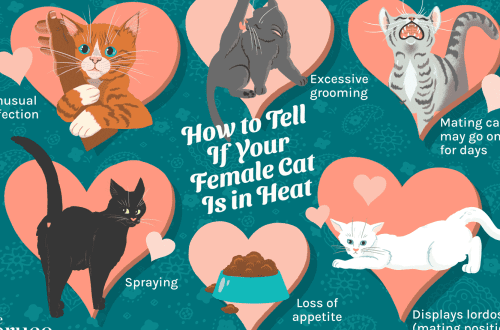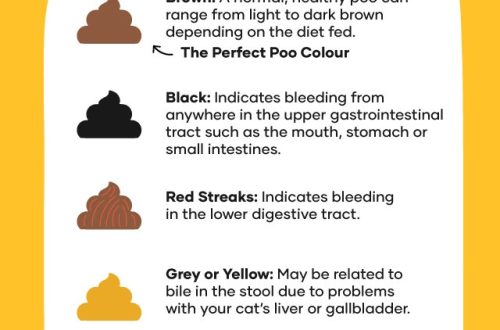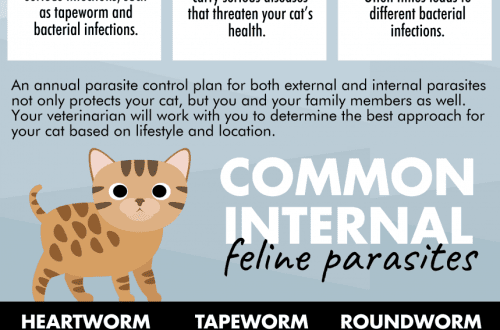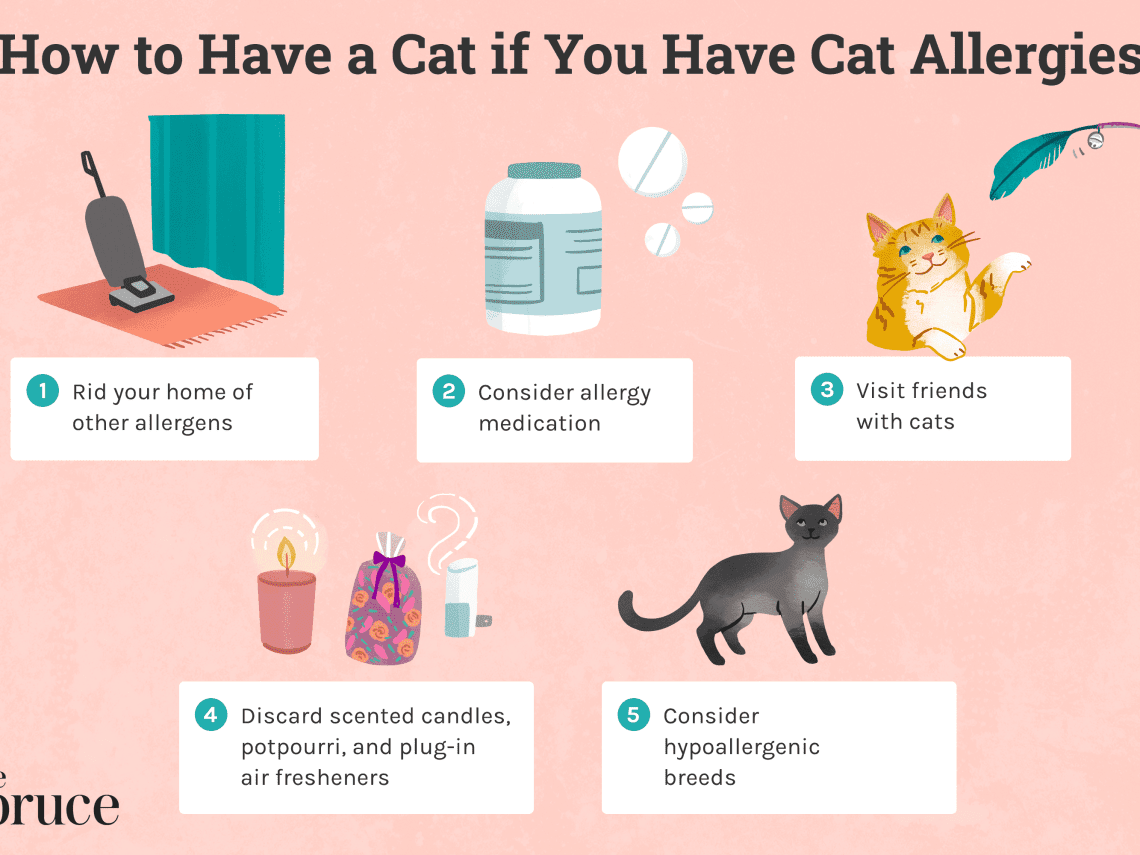
Allergy in cats

Contents
Allergies in cats – the main thing
An allergy is a hypersensitivity reaction to some irritant;
It occurs in cats of all kinds, and the first episode of an allergy in a cat to a familiar product can happen at any age, even at 15-17 years old;
Distinguish food allergy, atopy, allergy to insect bites;
Diagnosis and treatment of allergies in cats is very complex and should be dealt with by a specialist veterinary dermatologist.
Types of allergies
Allergy to food in cats
A food allergy is an increased reaction of the body (i.e. hypersensitivity) to a certain food. The manifestations of food allergy in cats are varied and may include itching, skin rashes of varying intensity, and gastrointestinal disorders (manifested by vomiting and/or loose stools).
When a cat has itching or dermatitis, most owners first suspect a food allergy, but this is not the case: only 5% of all cat diseases and 10-15% of cases of itching are caused by a reaction to food.
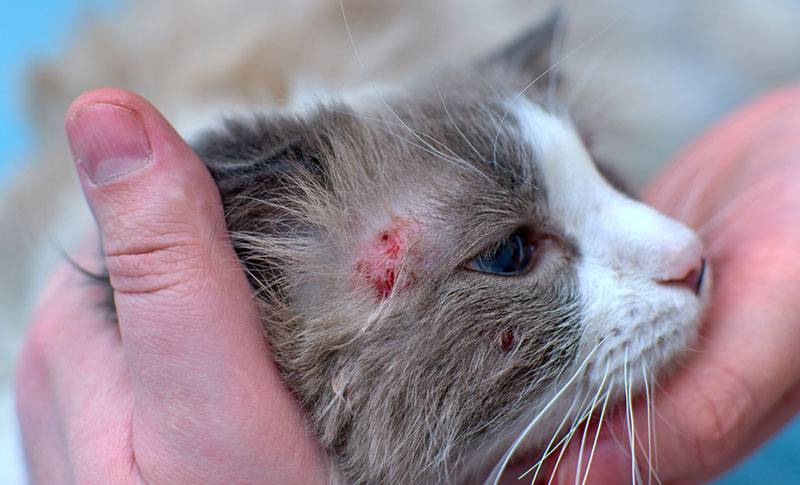
Photos of allergies in cats
It should be noted that laboratory methods for diagnosing this type of allergy are not effective. The main diagnostic tool is still an elimination diet. When eating at home, 2 types of food are selected that the cat has never eaten before: one type of protein (for example, rabbit meat) and one type of carbohydrate (for example, boiled potatoes). All other products are excluded, including vitamin supplements.
When feeding with industrial feeds, preference is given to diets based on protein hydrolyzate (in such feeds, during the preparation of feed, protein molecules are broken down into shorter chains of amino acids in a special way, and it is believed that due to their size they cannot cause food allergies) or feeds based on a new for a cat of a protein type (for example, horsemeat). The duration of the diet is from 4 to 8 weeks, depending on the effect: if the condition does not change or even worsens during the diet, then a period of 4 weeks is sufficient; if the condition improves, but smoothly and slowly – a period of 8 weeks. The principle of this test is that in the absence of an effect on the background of an elimination diet, it is assumed that the pet’s allergy is not of a food nature. And if the diet helped – in order to confirm that the improvement is connected precisely with the change of food, and was not a coincidence, they must carry out the so-called provocation – they return the usual diet to the cat’s diet. If signs of allergy appear again, it means that the pet definitely has a food allergy. If there is no deterioration in the condition, it was not in the stern.
List of foods that can cause allergies:
dairy products, especially cheese;
eggs;
flour products;
products containing sugar;
beef;
corn;
a hen;
wheat;
a fish;
mutton.
Allergic reaction to insect stings
Despite the fact that a large percentage of domestic cats live in an apartment and never leave it, an allergic reaction to insect bites is still a common cause of allergies in cats. Not only fleas can parasitize on cats in an apartment, but also smaller parasites that can only be seen under a microscope – for example, scabies mites (notoedrosis). When bitten by a parasite, some pets develop an allergic reaction to its saliva.

The most striking symptoms of the presence of parasites in a cat include restless behavior, itching, cats constantly wash themselves, lick themselves up to baldness. Often develops and dermatitis of varying severity. Confirmation of the diagnosis by laboratory methods can be quite difficult, given the microscopic size of some parasites, so the most effective diagnostic measure is a trial treatment, that is, the treatment of the pet and the environment from parasites.
Atopic dermatitis
Atopic dermatitis is a chronic allergic inflammation of the skin to exposure to any airborne allergens. Such an allergy can be caused by plant pollen, fungal spores, dust, any household chemicals, tobacco smoke, etc. Ambient temperature, air humidity, as well as the presence of concomitant diseases (flea infestation, food allergy) play an important role in the development of atopic dermatitis. It is believed that the tendency to develop atopic dermatitis is hereditary.
The diagnosis is rather difficult; it is a disease of exclusion, i.e. the presence of atopic dermatitis is confirmed only when all other causes of itching and dermatitis have been excluded.
Causes of allergies
Causes of allergies in cats include:
inadequate feeding;
a weakened immune system;
poor housing conditions, including lack of treatment for parasites;
genetic predisposition;
idiopathic causes, i.e. when the cause cannot be determined.
Allergy symptoms in cats
The most common symptoms and signs of allergies in cats include:
dermatitis (inflamed areas of the skin);
itching;
restless behavior;
eating disorders.
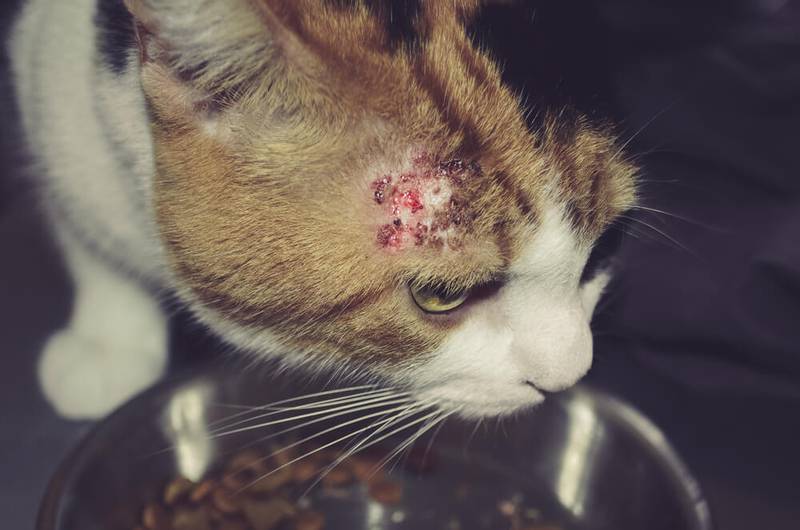
Unfortunately, by the way the allergy manifests itself in cats and cats, it is impossible to conclude whether the reaction happened to food, to an air allergen or to household chemicals – the symptoms for different types of allergies are the same.
Allergy treatment
Treatment of allergies in cats includes, if possible, the elimination of the etiological factor and symptomatic therapy.
So, how and how to treat an allergy in a cat?
In the presence of food allergies, a strict diet is selected that does not cause signs of allergy in the pet;
If you are allergic to insect bites, all pets in the house (drops on the withers) and the environment (complete disinfection and disinsection of the premises) are carefully treated for parasites;
In atopic dermatitis, if it is not possible to identify the source of the allergy, lifelong treatment is often necessary (special diet to relieve the condition, vitamins with omega-3 and 6 fatty acids, antihistamines or hormonal agents).
If an allergy occurs in a kitten, then, in addition to eliminating the cause, it is recommended to prescribe antihistamines and local treatment.
The article is not a call to action!
For a more detailed study of the problem, we recommend contacting a specialist.
Ask the vet
February 24 2021
Updated: 1 March 2021



